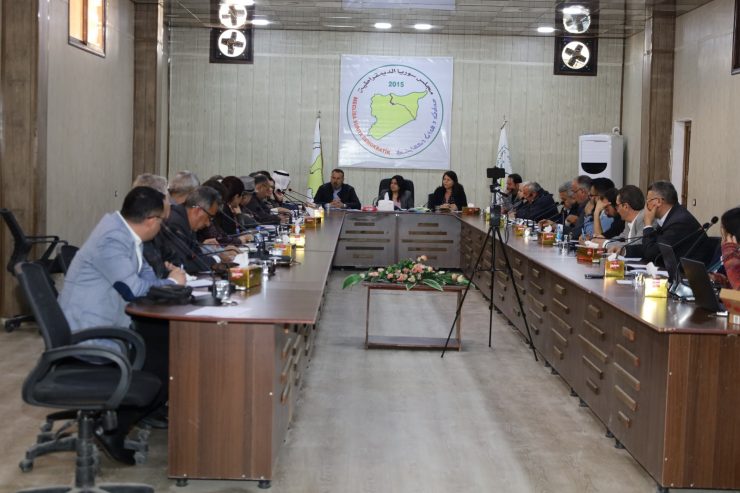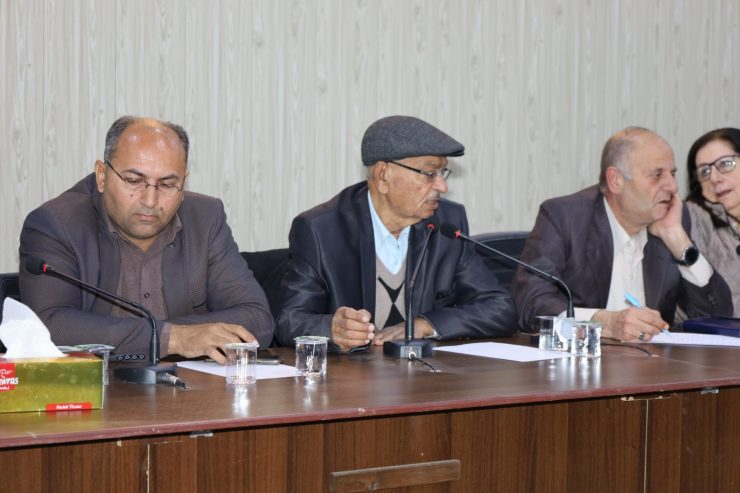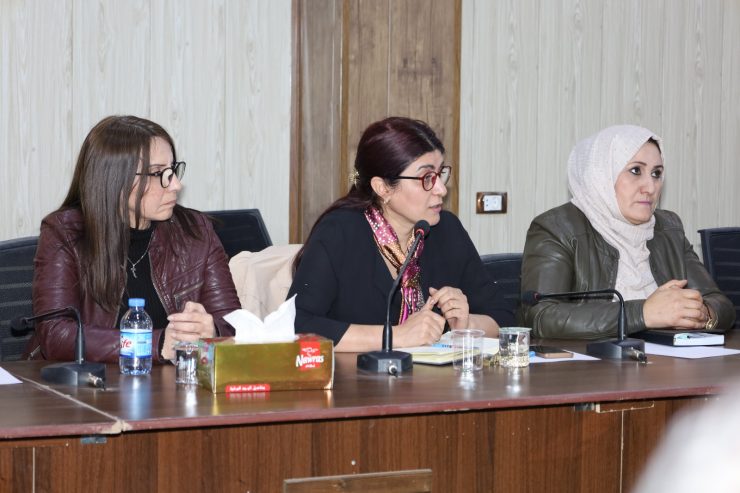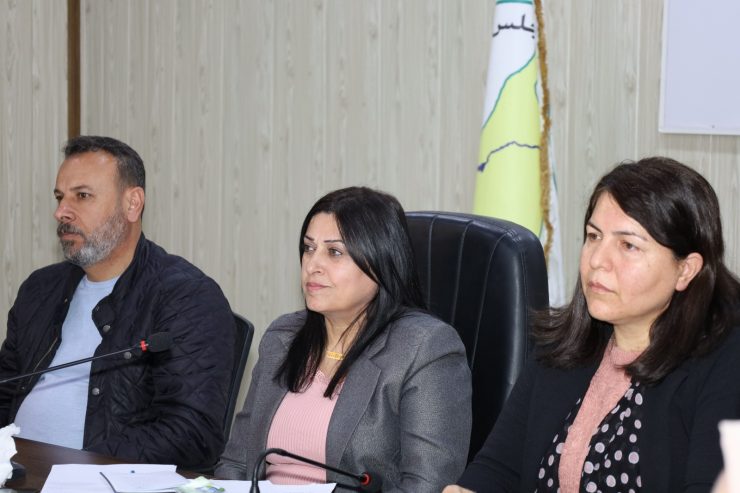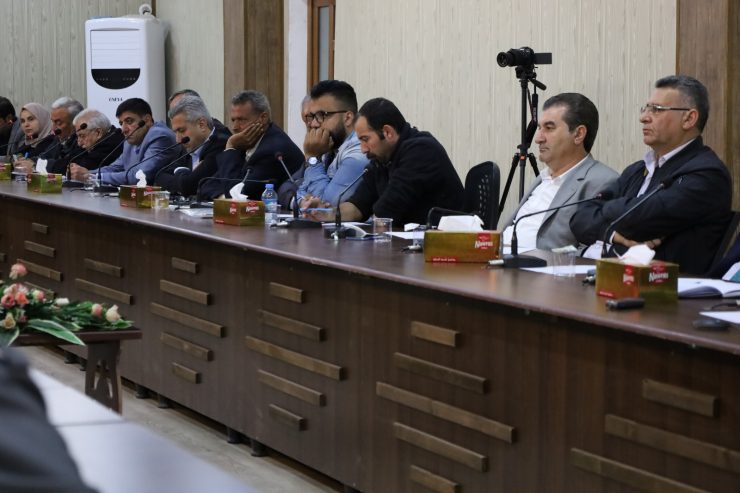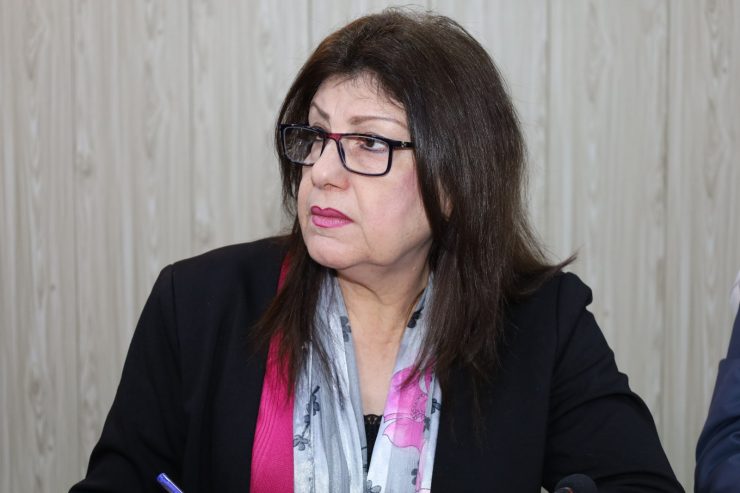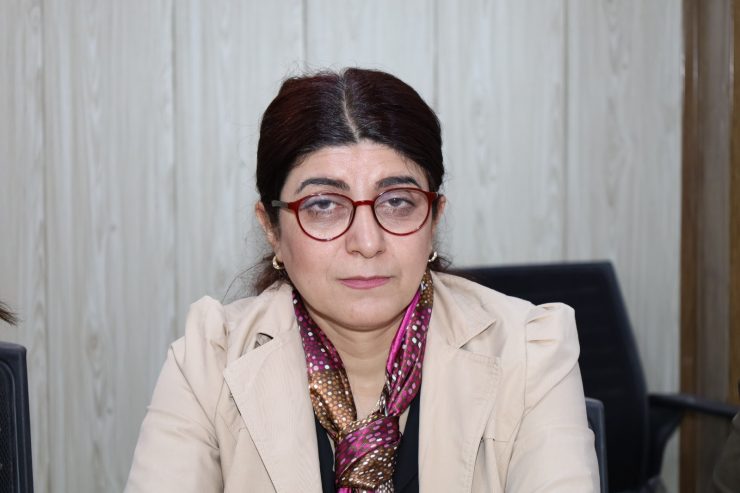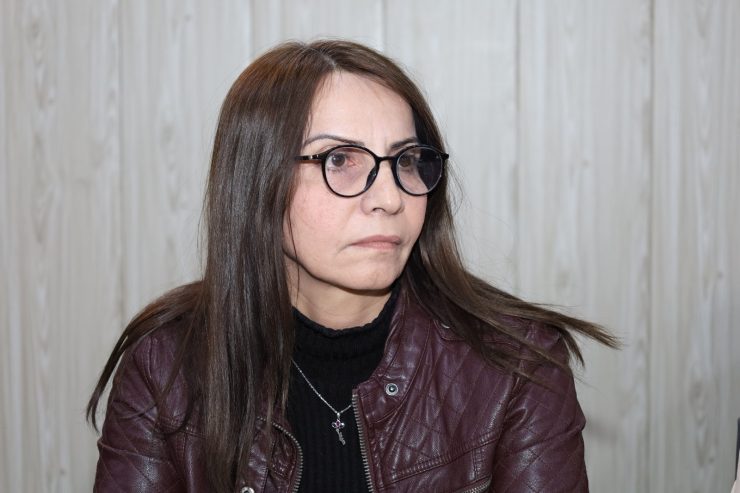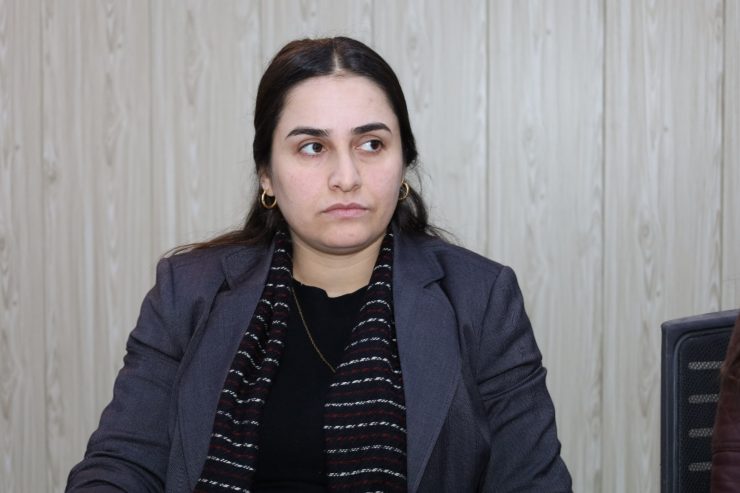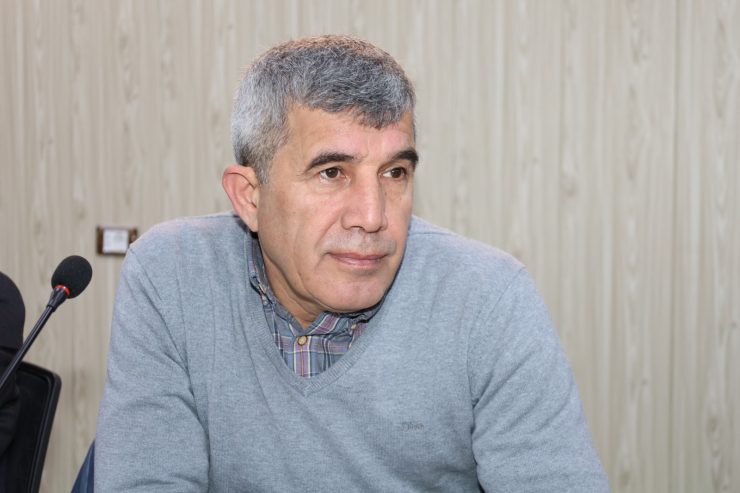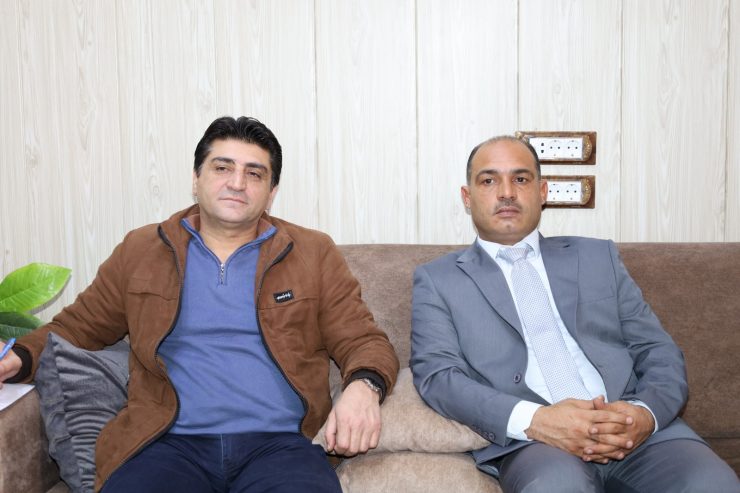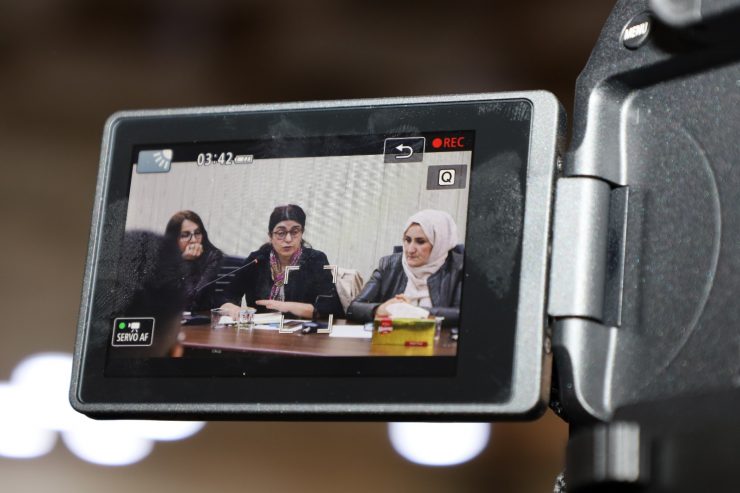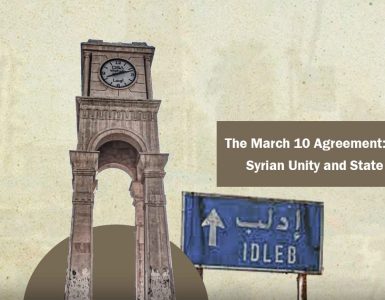The Presidential Council of the Syrian Democratic Council “SDC” held its periodic meeting in the city of Al-Hasakah, in the presence of the majority of its members including the political components, community actors, and independent figures to discuss developments of the political situation, the repercussions of the earthquake disaster, and the prospects of the political resolution in the country.
The Co-chairwoman of the Council, Amina Omar, gave a comprehensive briefing on developments in the political situation and the repercussions of international and regional developments on the Syrian file and the path of the political settlement.
The members of the Presidency Council assessed the effects of the devastating earthquake that hit the regions of southern Turkey and northern Syria on February 6th, and caused the loss of thousands of their lives amid a massive destruction of buildings and infrastructure.
The Presidential Council condemned the behavior of the Turkish-backed factions in the areas occupied by Turkey regarding the relief aid provided to the afflicted people, factions’ theft of the most of the aid and their prevention of the Autonomous Administration of northeastern Syria to carry out its duty towards the affected Syrians, which increased the suffering of the afflicted and deepened their misery.
The same applies to the behavior of the authority in Damascus regarding the earthquake disaster, in which it made the disaster as an opportunity to devote its interests, indifferent to the suffering of the Syrians in the areas under its control, which were suffering greatly as a result of the economic collapse, its mismanagement, and the spread of corruption in all its forms.
The members of the Presidency Council thanked the popular, civil and tribal initiatives in the regions of northeastern Syria where they responded to the call and provided dozens of convoys of aid to the affected areas in northwestern Syria through facilitating by the Autonomous Administration.
The meeting discussed developments of the political situation, especially after the disaster of the earthquake, and the possibility of making the Syrian file in terms of accelerating the search for sustainable resolutions for the crisis in line with UN Resolution 2254, and achieving the demands of the Syrian people for democratic change and building a new, pluralistic Syria that regulates the changes that took place during the decade of the crisis.
Regarding the endeavors of some Arab countries to restore their relations with the ruling authority in Damascus, in the aftermath of the earthquake disaster and as a matter of humanitarian aid to face humanitarian challenges, the Presidential Council considered that any normalization with the authority in Damascus outside the framework of a political resolution would lead to perpetuating the state of division and complicating the crisis further, and thus the Arab approaches that follow this path will not lead to sustainable resolutions or alleviate the suffering of the Syrians.
In the same context, the meeting stressed the importance of the Arab role in settling the Syrian crisis and utilizing those efforts to accelerate the political process and achieve the aspirations of the Syrian people, who suffer from multiple crises as a result of a decade of war.
Regarding the course of unifying the democratic opposition, the Presidential Council supported the efforts made by the SDC with the powers of the national democratic opposition in order to unify visions and positions and move towards confronting the upcoming challenges according to a road map with clear features.
The meeting called for working to unify the positions of the Syrians and the necessity of intensifying efforts for salvation and ensuring a decent life for the Syrians, especially in the areas controlled by the Turkish-backed factions, where the popular rejection for the ruling factions supported by Turkey, is escalated.
The meeting’s agenda also included a discussion of the Council’s plans at the diplomatic and local levels, and a series of workshops that the Council plans to hold with political components in order to crystallize the visions and strategies that the Council will work on during the next stage.


